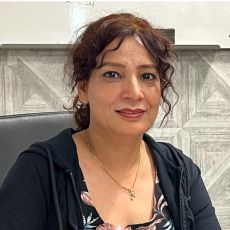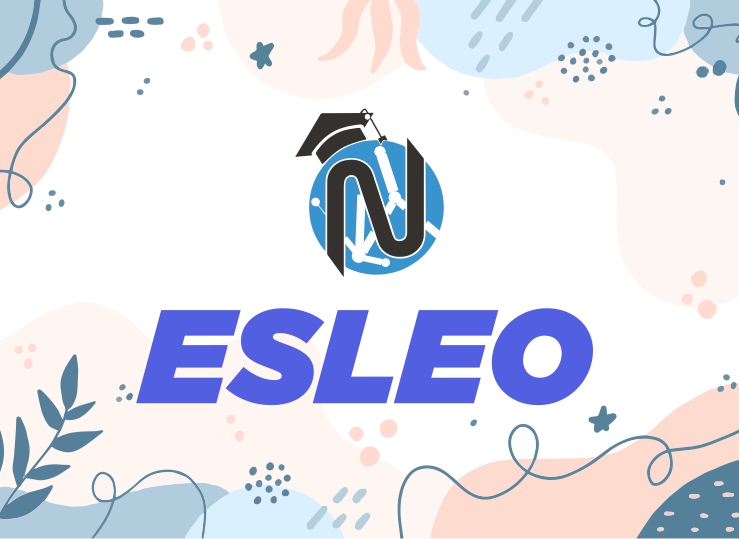
English as a Second Language (ESLEO)
Course Description
This course prepares students for secondary school English and other courses at the college and university preparation levels. Students will be encouraged to develop independence in reading literary works and academic texts, in writing essays and narratives, and in applying learning strategies and research skills effectively. Students will also learn to respond critically to print and media works.
For Ministry Guideline Click Here
| Units | Descriptions | Length (Approximately) |
|---|---|---|
| Unit 1 | Nonfictional Studies focus on reading comprehension and writing including research and using MLA format. |
17 hours |
| Unit 2 | Short Stories and Poetry, ISU introduced elements of a short story and presentation, storyboard; in-role writing assignment. |
21 hours |
| Unit 3 | Media Study and Writers Workshop analyze current events and make a presentation on them, argumentative essay, newspaper production, documentary and weblogs. |
17 hours |
| Unit 4 | Novel Study Huckleberry Finn by Mark Twain – black history research; research lifestyle during the setting of the novel, comparative essay. |
26 hours |
| Unit 5 | Play – Romeo and Juliet research life in Elizabethan times, characteristics of Shakespearean plays, scene analysis and presentation, thematic essay |
25 hours |
| Final Culminating Task (10%)-2 Hrs Final Exam (20%)-2 Hrs |
4 hours | |
| Total | 110 hours | |
Overall Curriculum Expectations
By the end of the course, students will:
- demonstrate the ability to understand, interpret, and evaluate spoken English for a variety of purposes.
- use speaking skills and strategies to communicate in English for a variety of classroom and social purposes.
- correctly use the language structures appropriate for this level to communicate orally in English.
By the end of this course, students will:
- read and demonstrate understanding of a variety of texts for different purposes.
- use a variety of reading strategies throughout the reading process to extract meaning from texts.
- use a variety of strategies to build vocabulary.
- locate and extract relevant information from written and graphic texts for a variety of purposes.
By the end of this course, students will:
- write in a variety of forms for different purposes and audiences.
- organize ideas coherently in writing.
- correctly use the conventions of written English appropriate for this level, including grammar, usage, spelling, and punctuation.
- use the stages of the writing process.
By the end of this course, students will:
- use English and non-verbal communication strategies appropriately in a variety of social contexts.
- demonstrate an understanding of the rights and responsibilities of Canadian citizenship, and of the contributions of diverse groups to Canadian society.
- demonstrate knowledge of and adaptation to the Ontario education system.
- demonstrate an understanding of, interpret, and create a variety of media texts.
Assessment & Evaluation of student performance
Formative assessments are learning practices that provide important feedback to student progress. Examples include homework and quizzes.
Summative assessments form a foundation for final mark allotment at the end of the unit, term and final evaluation.
An achievement chart will be given to students at regular intervals and the purpose of the charts is to provide feedback to students in relation to content and performance strands.
| Knowledge and understanding | Communication | Thinking Inquiry and Problem solving | Application |
|---|---|---|---|
| 25% | 25% | 25% | 25% |
Unit Tests, Written assignments, presentations, Classroom Observations and Classroom conversations.










